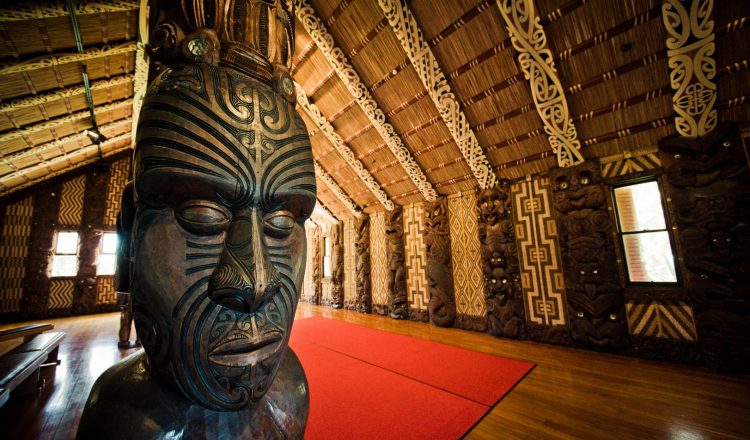New Zealand English
New Zealand English or Kiwi English (A slang term we’ll mention later!) is the most spoken of the three official languages of New Zealand. The other two being Maori and New Zealand sign language. Much like the cultural make-up of the country, New Zealand’s speech is a melting pot with influences from all over the world.
The main components of New Zealand English come from British English, with elements from Scottish (Specifically in the Southlands), Irish, Australian and even American English. However, as the Northern European and Maori cultures in New Zealand started to merge into a collective, national identity, some loan words from the Maori language have begun to see use.
Borrowed Words
The Maori language or Te Reo Maori is widely used to name the abundant flora and fauna found on the island. A notable example is the Kiwi bird, the small flightless bird that has become a national symbol. The Kiwi bird is the origin for the slang term “Kiwi” meaning New Zealander or from New Zealand. Maori loan words are being used more often now than ever. Not to replace their English counterparts, but to diversify New Zealand’s constantly evolving language.
Other notable Maori loan words would be, “kai” (food), iwi (tribe), whanau (family) and waka (a canoe or boat). A dominant language, like English, rarely borrows words from a less dominant language like Maori, but in New Zealand that is undoubtedly the case; and it’s not just from the Maori language! Terms like “Gung ho” meaning over-enthusiastic are from Chinese settlers, along with other words like “Ketchup”. The Scottish term “wee” meaning small has also been adopted but mainly in the Southlands province.
Kiwi Slang
Like its cousin language, Australian English, Kiwi English has a fascinating approach to slang terms that often leaves non-New Zealanders extremely confused. This heavy slang usage combined with the Kiwi accent can even leave British English speakers scratching their heads.
A highly versatile example would be the term “chur”, this word is a compounding of “Cheers” meaning “thank you” but can be used to show agreement, thanks, greetings and goodbyes. Other examples of compounding would be the word “jandals” the Kiwi word for flip-flops. This word combines “Japanese” and “sandals” to describe the style of footwear.
“Sweet as” “Mint” and “Preemo” all mean “good” or “no problem” with the word “as” often being added for emphasis (“fast as” “mean as”).
New Zealand has many rural and rugged areas that are hard to reach. A kiwi may refer to these as the “wop wops” meaning “in the middle of nowhere”. It’s origin is relatively hard to trace, but it may be an old reference to how difficult it was to say place names in Maori or Australian Aboriginal languages. Either way, it’s a great phrase!
“She’ll be right.” Is slang for “no problem” or “It’ll be ok” and doesn’t need the context of talking about a woman.
Due to the laid back, casual nature of many Kiwis, you may hear people referring to each other as “Cuz” “Mate” or “Bro”, but you should reserve this for friends only. Culturally, the friendly, welcoming Kiwis might struggle to tell people no, which could explain the reason for the diluted and uncertain “Yeah Nah” meaning “No” and “Nah Yeah” meaning “Yes”. Strange, but brilliantly unique Kiwi slang.

















































